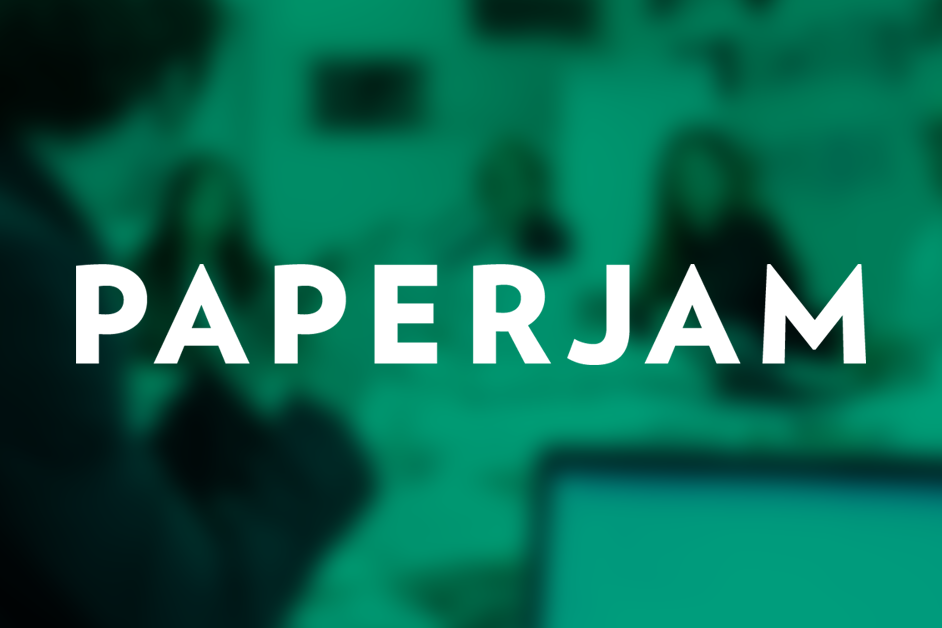The European Investment Fund is surely one of the less-known European agencies. "It remains nevertheless one of the most atypical institutions," states Robert Wagener, the EIF's Secretary General.
Indeed, if its missions follow the European Union objectives regarding the growth and development of small and medium-sized enterprises, the EIF acts independently and commercially under normal market conditions. Furthermore, it also aims at generating profit, unlike its sisters entities.
This week, the agency raised its capital by 50%, to 3 billion euros, after new finance institutions lately joined the shareholders' registry. "The capital increase is a huge vote of confidence in EIF at this juncture where, in addition to strengthening our core businesses, we are expanding into new areas, such as technology transfer, and increasingly into new regions such as Southern and Eastern Europe," said Francis Carpenter, the European Investment Fund's Chief Executive.
Venture capital and securitisation
The agency operates as the EU financial institution for small and medium-sized companies in two domains: venture capital , on one side, guarantees and securitisation, on the other side. And this, through financial intermediaries who are in charge of the final investment and credit decision.
"Our mission is to support early-stage, high-tech SMEs. It also remains crucial to delivering a competitive knowledge economy in Europe, as defined during the Lisbon summit," Robert Wagener explains.
EIF's venture capital instruments consist of equity investments in venture capital funds and firms, which invest at early stage in portfolio of technology-oriented SMEs. The launch of Skype, the peer-to-peer Internet telephony network - with the support of Mangrove Capital Partners, a Luxembourg-based venture capital company - remains undoubtedly one of the most notorious start up case, the agency contributed to.
The European Investment Fund also operates pan-Europan fund-of-funds partnerships: in association with Neotec - a Spanish technology fund-of-funds, which includes Spanish blue chips companies - and through Dahlia, a joint initiative with the French institution Natixis Private Equity.
As a venture capital investor, the EIF ranks 4th fund-of-funds in Europe, with an estimated venture capital portfolio of 4.1 billion euros dedicated to 259 funds.
Also as a guarantee and securitisation provider, the EIF is strongly involved into SMEs' growth and development support. "The European Investment Fund has a unique positioning in the securitisation and guarantee marketplace," Francis Carpenter states.
Concretely, the agency provides financial institutions and counterparts with portfolio guarantees to cover their credits to SMEs. Not only in the form of EIF products (credit enhancement, credit insurance and structured investment vehicles), but also via programmes sponsored by the European Commission, as the SME Guarantee Facility (on loan, microcredit, equity and ICT loan) and the Growth and Environment Scheme.
Micro-finance guarantee
Among these programmes sponsored by the EU, the micro-finance guarantee tool certainly remains as one of the most dedicated action of the agency on the field. Pioneered in 2005 to encourage micro-lending by banks and institutions in the EU, "securitisation of loans for micro-finance institutions reached by the end of 2006 some 30,552 SMEs, which benefited over 32,773 loans," the EIF reported. "A 260-million euros outstanding micro-finance guarantee volume has been provided on EU resources to help access to finance."
Two joint initiatives of the European Union - the Competitiveness & Innovation Framework Programme (CIP), as well as JEREMIE (Joint European Resources for Micro to Medium Enterprises) - are also on EIF's agenda.
The Competitiveness and Innovation Framework Programme aims at encouraging the competitiveness of European enterprises. The European Investment Fund participates in the programme by a series of venture investment in high growth innovative funds and companies, of SME guarantee facilities as well as of capacity building scheme. The whole intervention package includes a budgetary envelope of 1.1 billion euros for the period 2007-2013.
JEREMIE, the other programme, "enables the European Member States and Regions to use part of their structural funds to obtain a set of financial instruments that are specifically designed to support micro, small and medium enterprises," Francis Carpenter explained. For that, the EIF will provide advisory and technical assistance, equity and venture capital as well as guarantees (both for microcredit loans and SME loans). Implemented in January 2007 the project is also due to end in 2013.
Technology transfer
Looking for a common growth and competitiveness scheme within the EU necessarily includes a consolidated policy on research and technology transfer.
In May 2005, the EIF diagnosed "a clear market failure in relation to the commercialisation of research in Europe in the area of technology transfer, with a significant and growing gap related to the United States".
Thus, the agency developed a flexible approach to investing in technology transfer and designed a series of finance products that support the commercialisation of research and development in the biotechnology and ICT sectors. The agency also selected technology transfer investment opportunities made on commercial terms. "The aim is to bridge the financing gap between research and early stage financing through a new scheme," Francis Carpenter said.
Founded in 1994, the EIF is headquartered in Luxembourg and counts a staff of 130 persons. The agency is valued the highest possible credit rating (AAA/Aaa/AAA) by Standard & Poor's, Moody's and Fitch.
